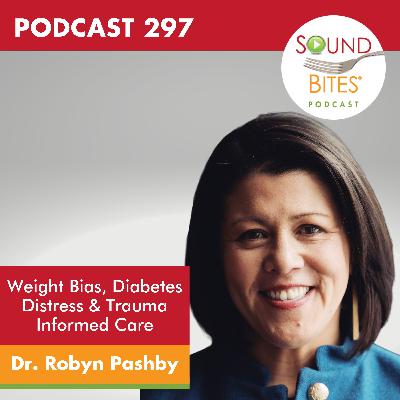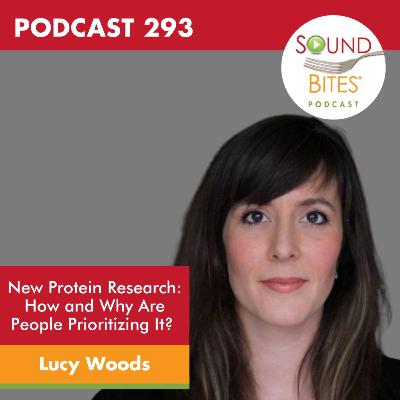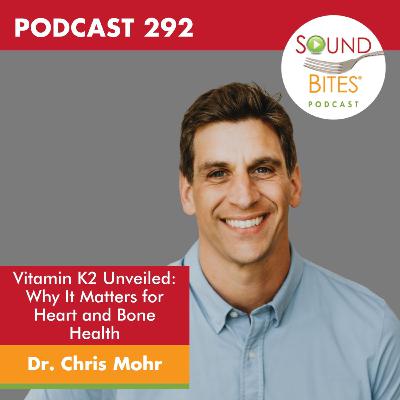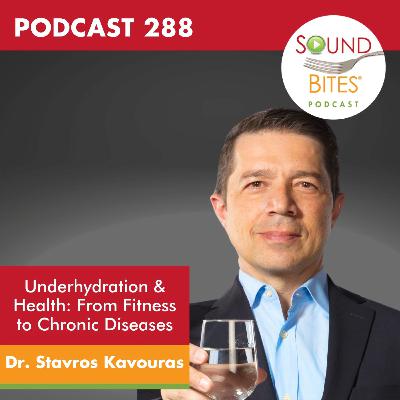297: Weight Bias, Diabetes Distress & Trauma Informed Care – Dr. Robyn Pashby
Description
Full shownotes, transcript and resources here: https://soundbitesrd.com/297
We know that there is not one single treatment approach that works for every person with obesity, however there is one type of approach we can use when discussing weight with every person: trauma-informed care (TIC). TIC is an approach that recognizes the possibility that many people may have a history of trauma exposure, and how this past or ongoing trauma such as abuse, neglect or food insecurity can shape a person's relationship with food, body and health behaviors.
Data show that 64% of adults in the U.S. reported they had experienced at least one type of adverse childhood experience (ACE) before age 18 and nearly one in six adults reported they had experienced four or more types of ACEs. Compared to women with 0 ACEs, women with 4+ ACEs are 62% more likely to have obesity, 41% more likely to report a hypertension diagnosis, and 36% more likely to report a diabetes diagnosis.
Tune in to this episode to learn about:
- · why TIC is so important
- · how TIC is different from motivational interviewing
- · benefits of TIC to patients and practitioners
- · the obesity-trauma connection
- · weight stigma and diabetes distress
- · adverse childhood experiences
- · shared decision making
- · resources for health professionals and the public
























